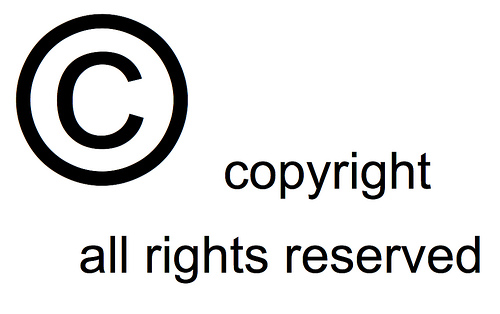
Copyright Law Basics
Even though you may not know the definition of a copyright, you probably understand the basic concept of a copyright: the author of a creative work holds certain rights to that work, such as restricting the copying or profiting of that work without the author’s permission. According to the United States Copyright Office, a copyright is, “a form of protection grounded in the U.S. Constitution and granted by law for original works of authorship fixed in a tangible medium of expression. Copyright covers both published and unpublished works.” In other words, a copyright is a form of intellectual property that protects original works of literature, music, computer software, movies, plays and other forms of art. A copyright does not protect inventions, like a patent, or a trade secret, like Coke’s formula to create its Coca Cola product. A copyright also does not make all copying of a work illegal, as there are some exceptions, such as fair use.
Like trademarks, copyrights do not need to be registered to receive protections. For example, the moment you compose an original song or write an original poem, the copyright is automatically created. However, if you wish to file a lawsuit for the violation of a United States piece of work, the copyright will need to be registered. Registration can also serve as prima facie evidence of the validity of a copyright in a lawsuit. There are benefits to registration, though, because if a copyrighted work is infringed only after it is registered with the United States Copyright Office, the copyright owner may be entitled to statutory damages (instead of only actual damages), attorneys fees, and the ability to prevent importation of goods using the infringing mark through the United States Custom and Border Protection. Given the cost of registering a work, or even multiple works, can be as low as $35.00, it makes sense to register any work that may have a likelihood of future infringement.
A copyrighted work is sometimes expressed with a “C” with a circle around it, followed by the year of its first publication and the owner of the copyright, but the Copyright Act does not require any such designation to ensure protection for the copyright owner. How long a copyright can last depends on several factors, such as when the work was created and when it was first published. However, generally speaking, works created on or after January 1, 1978 are protected the moment they are created up until 70 years after the author’s death.
For additional information about intellectual property rights, please contact us.




